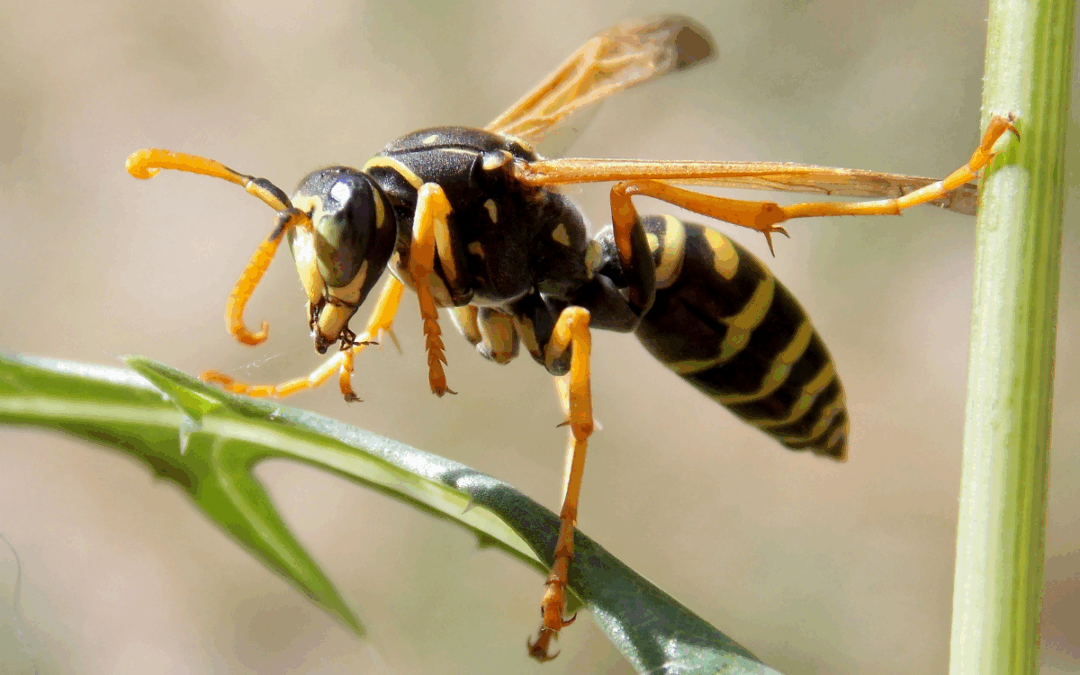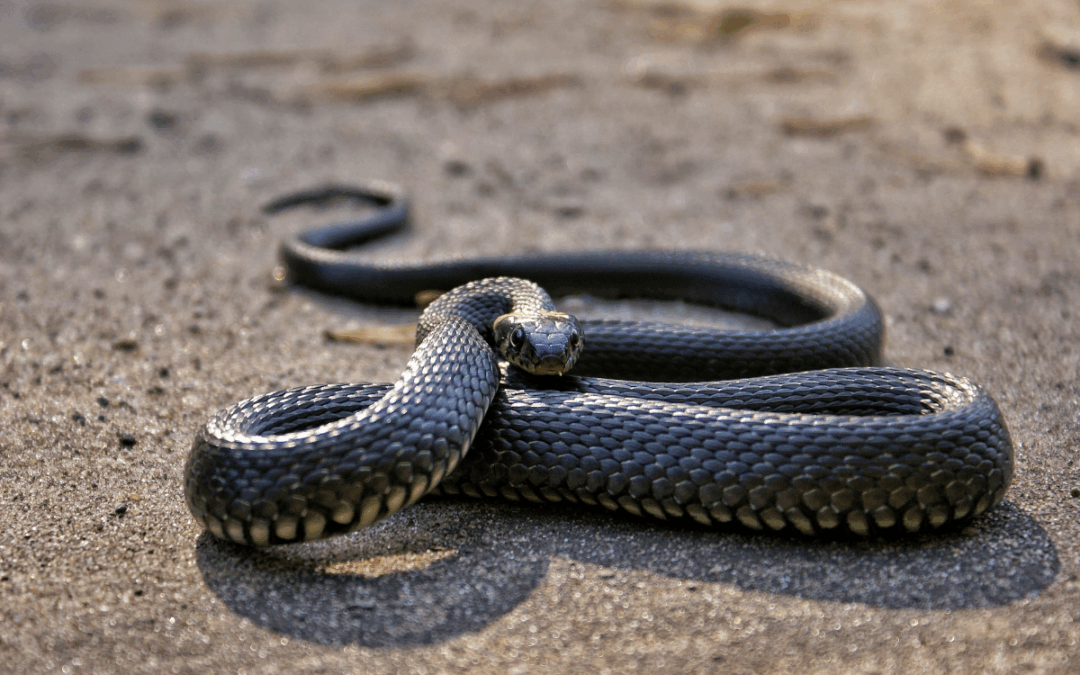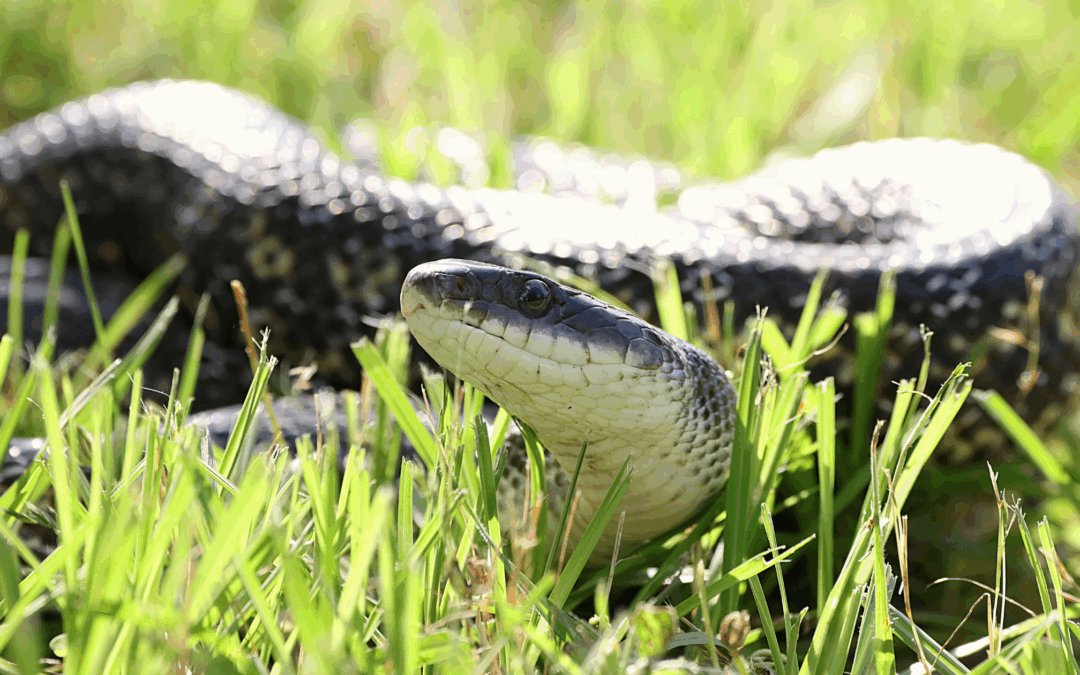READY TO GET STARTED?
REQUEST A FREE ESTIMATE
Fill out the form below or call (888) 466-7849 for a free, no-obligation estimate.

Pompano, Florida, is no stranger to summer heat and sunshine, but with the higher temperatures comes an increase in wasp and hornet activity. These stinging insects become more active during July, making their presence around homes and outdoor spaces both a nuisance and a potential hazard. Fortunately, with the right preventive measures, you can keep these uninvited guests at bay. Here’s how to protect your Pompano home from wasps and hornets while minimizing stings and infestations.
The heat of summer in Florida creates ideal conditions for wasps and hornets to thrive. By July, their colonies are in full swing, and worker insects are busy foraging for food to support their growing nests. Factors contributing to their heightened presence include:
Understanding their seasonal behavior is the first step in preventing these pests from settling too close to your property.
Preventing wasps and hornets from building nests near your home can save you from stressful encounters and potential stings. Use these strategies to make your space less appealing to them:
Despite your best efforts, wasps and hornets may still build nests near your home. Managing nests requires caution:
Sometimes encounters with wasps and hornets are unavoidable, but you can reduce the chance of being stung by following these tips:
For persistent problems or large nests, rely on local pest control services with experience in wasp and hornet management. They provide effective solutions to eliminate nests and reduce insect activity around your home.
Wasps and hornets are a natural part of Florida summers, but they don’t have to disrupt your home life. By removing attractants, applying prevention techniques, and addressing nests promptly, you can enjoy a more comfortable, sting-free environment in Pompano this July.

Pest problems can jeopardize the well-being, reputation, and daily operation of your business. Among the most concerning pests for commercial property owners are snakes. Their presence isn’t just unsettling; snakes can pose real well-being risks, disrupt business continuity, and may signal deeper pest issues on your property. Learn how to protect your business from pests with commercial snake control.
Snakes can endanger both employees and customers, especially if venomous species are present. Even non-venomous snakes can prompt fear, panic, and unnecessary risk if not handled with care. An unexpected encounter could lead to injuries or business interruptions. Additionally, snakes are often attracted by existing rodent populations, which means their presence may indicate underlying pest or maintenance issues. A snake sighting inside your facility can also damage your professional reputation, erode customer trust, and result in negative publicity.
While consistent property maintenance is crucial, professional pest control services provide expertise that goes beyond routine measures. Licensed professionals can:
Don’t let snakes or other pests threaten the well-being, reputation, or success of your business. Start implementing these prevention strategies and foster a pest-aware culture among your staff. For comprehensive protection, partner with a trusted, professional pest control provider. This investment in expert care protects your property, ensures the well-being of everyone onsite, and reinforces your commitment to responsible business practices.
Proactive commercial pest control isn’t just smart management—it’s a commitment to your people, your customers, and your community.

Pests are a common concern for homeowners and businesses across Florida, from ants and cockroaches to termites and mosquitoes. Many wonder whether natural or less chemical-intensive pest control methods can really compete with traditional approaches. Misunderstandings about these methods often prevent people from considering alternatives. This blog breaks down common myths about chemical-free pest control, highlights how effective these methods can be, and addresses Florida’s unique pest challenges.
Several misconceptions surround non-chemical pest control. Here are the most common myths debunked:
Reality: When applied correctly, non-chemical techniques are highly effective. They often use natural repellents, traps, and targeted treatments designed to eliminate pests without harming beneficial insects or causing environmental damage. Long-term strategies focus on habitat modification and exclusion to address the root causes rather than quick fixes.
Reality: These approaches can handle large infestations too. Thorough inspections, targeted treatment, and prevention measures can manage serious pest problems, from termite damage to mosquito control, without sacrificing results.
Reality: While upfront costs may sometimes be higher, these methods often save money over time by reducing repeat treatments and preventing recurring infestations. They also reduce potential health risks associated with exposure to harsh chemicals.
Florida’s warm, humid climate makes pest management a year-round concern. Here are some benefits of using non-chemical methods:
Many natural pest control products use low-risk materials that minimize exposure risks for children, pets, and plants. Unlike some pesticides that leave residues, these treatments focus on managing pests without harmful side effects.
Rather than temporary relief, non-chemical pest control emphasizes prevention by sealing entry points, improving sanitation, and making properties less inviting to pests.
If you want to explore these methods, follow these tips:
Choosing less chemical-intensive pest control doesn’t mean sacrificing results. When applied properly, these methods can be just as effective as traditional treatments. By addressing the root causes of infestations and focusing on prevention, they offer lasting benefits for your home and family.
If you’re dealing with pests, consider contacting local pest control professionals who can assess your situation and recommend the best treatment options tailored to your needs and Florida’s unique environment.

Living in Bonita Springs means enjoying warm weather, lush greenery, and vibrant wildlife. However, one aspect of Florida’s natural environment can cause concern for homeowners, snakes. While most snakes are non-venomous and play a critical role in controlling pests, it’s natural to want to keep them out of your living spaces. Fortunately, with some simple snake prevention steps, you can significantly reduce the chances of encountering a snake in or around your home.
Snakes are incredibly flexible and can squeeze through surprisingly small gaps. Even openings as small as a quarter of an inch can provide access to your home. Preventing their entry is one of the most effective defenses against unwanted visitors.
By keeping your home sealed tight, you prevent snakes and other small critters from sneaking inside.
Your yard can be a haven for snakes if it offers plenty of hiding spots and shade. Woodpiles, tall grass, and overgrown shrubs create the perfect environment for snakes to shelter or hunt for food.
By making your yard less snake-friendly, you can encourage them to move on to less manicured locations.
Snakes are often drawn to properties because they follow their food. Rodents, insects, and other small animals all attract snakes. Reducing these prey animals around your home will make it less enticing for snakes.
Taking the time to eliminate food sources reduces the chances of snakes hunting near your home.
Cool, shaded areas like crawlspaces and garages are prime locations where snakes might choose to hide. Without proper precautions, these areas can become long-term residences for snakes.
Regularly inspecting and securing these spaces keeps them off-limits to snakes and other pests.
Snakes may be part of life in Bonita Springs, but they don’t have to be part of your home. Practicing good snake prevention methods like sealing entry points, clearing yard clutter, removing food sources, and securing shaded areas can go a long way. If snakes are still showing up, call a pest control company near you for expert snake removal help and peace of mind.

Running a business means managing countless priorities—but pest control shouldn’t be overlooked. Pests can damage your reputation, disrupt operations, and hurt your bottom line. Routine commercial pest control is essential to protect your business, ensure compliance, and avoid costly issues down the line. Here are the top reasons your business would benefit from commercial exterminators.
Your reputation is one of your greatest assets, and pests can seriously damage it. Imagine how quickly word would spread if a customer spotted rodents, cockroaches, or other pests in your establishment. Negative reviews and social media posts can travel far, tarnishing your brand’s image and driving away new and returning customers.
Customers and clients judge your business from the moment they step in. A clean, pest-free environment signals professionalism and attention to detail, while any sign of pests can create doubts about the overall quality of your services or products.
It’s not just customers who notice pests. Employees and business partners might also question your working environment, leading to potential morale or partnership issues. Regular pest control ensures everyone who interacts with your business sees it as a clean and credible operation.
Pests often carry diseases that can pose severe health risks to employees and customers alike. Rodents, for instance, can spread hantavirus and salmonella, while cockroaches can trigger allergies and asthma. Without routine pest control, businesses risk creating an environment where these health hazards flourish.
For restaurants, cafes, or any business dealing with consumables, pest control is paramount. A single pest-related incident could lead to contaminated products, health code violations, or worse, someone getting sick.
Even offices and non-food-related businesses need to prioritize pest control. A rodent or insect infestation can lead to health concerns, unsanitary working conditions, and frustrated employees, ultimately affecting productivity.
Routine inspections and extermination services by commercial pest control professionals eliminate these risks and ensure your business remains a protected space for everyone.
By the time you notice pests, the damage may already be extensive. A small issue like one or two mice in your storage area can quickly escalate into an infestation if left unchecked. That’s where regular pest control visits come in.
Pest control experts are trained to spot signs of pest activity long before you would notice them. With regular visits, they can catch and address potential problems early, preventing minor issues from turning into expensive infestations.
Pests don’t just impact health; they can also cause physical damage. Termites can compromise the structure of your building, rodents can chew through electrical wiring (leading to potential fire hazards), and stored goods can be destroyed by insects. Routine pest control maintenance protects your assets, saving you significant repair or replacement costs.
Depending on your industry, pest control may not just be a best practice; it could be a legal requirement. Businesses in the food, hospitality, and healthcare sectors are held to high standards of hygiene and cleanliness with regular inspections from local health departments.
Failure to meet pest control regulations can result in costly fines, temporary closures, or even license revocation. Even outside of required industries, a single pest sighting during an unrelated municipal or fire inspection could lead to warnings or citations.
Partnering with a commercial exterminator ensures your business is always prepared to pass inspections. Experienced pest control teams know the standards for your industry and tailor their services to ensure full compliance.
One-time extermination services might fix an immediate issue, but they won’t address the root causes of pest problems. Regular visits from commercial exterminators help build a proactive pest management strategy that minimizes risk and targets specific vulnerabilities unique to your business.
Every business is different. Pest control professionals assess your property and design preventative measures tailored just for you. This might include seasonal treatments, advice on sanitation practices, or structural modifications to eliminate entry points or breeding grounds.
Prevention is always more cost-effective than repeatedly reacting to infestations. Regular pest control from a commercial pest control company near you is an investment that saves you from the high costs associated with emergency exterminations, repairs, or lost business.
Pests in a business aren’t just a nuisance—they threaten your reputation, well-being, and bottom line. Routine visits from commercial exterminators help maintain a clean, compliant space that customers and employees can trust.